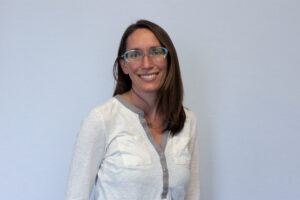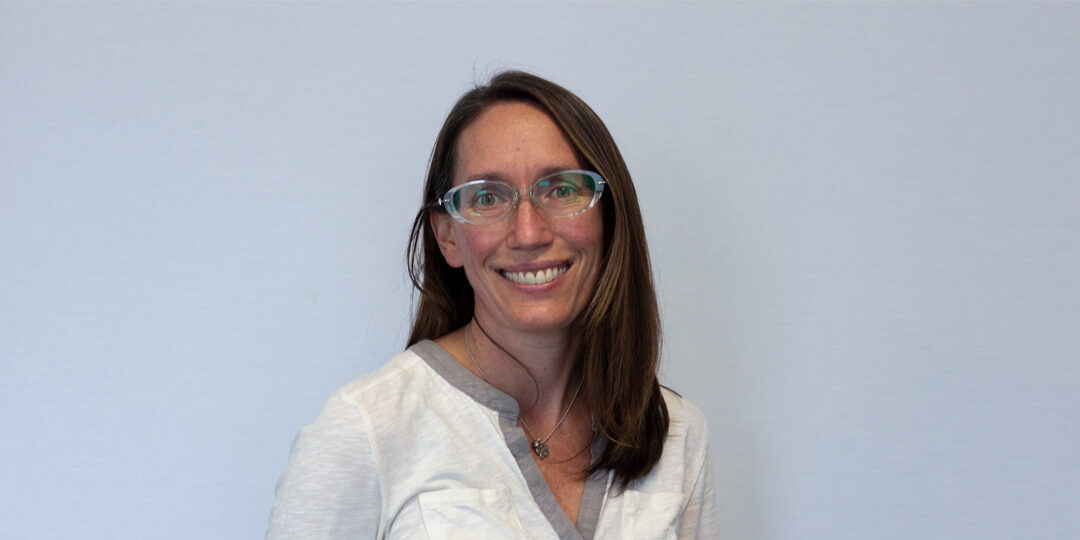 The first year of life is quite a busy time for parents. During the first year of life, your child is growing and learning skills at a faster pace than they ever will again. With appropriate support, most babies follow typical milestone achievements and development. It is amazing to watch, and amazing to think that babies all over the world go through these same steps in their maturation process.
The first year of life is quite a busy time for parents. During the first year of life, your child is growing and learning skills at a faster pace than they ever will again. With appropriate support, most babies follow typical milestone achievements and development. It is amazing to watch, and amazing to think that babies all over the world go through these same steps in their maturation process.
But what happens when things do not go as planned? When development does not follow the typical process, it can be a confusing and scary time for parents. As a pediatric occupational therapist, I have the opportunity to work with infants and their families to identify what their baby needs to develop into their best self. For the past 10 years, I’ve been working with families and infants, along with my colleague pediatric speech therapist Jennie Zelenak, to help families who have issues with feeding, swallowing, and overall motor development. Most recently, we completed lactation counseling training to further support mothers and families in the area of breast and chestfeeding. This work is so rewarding because so much can be done during the first year of life. I have seen many infants come into the clinic with issues that are quite complex, and in a relatively short time, are able to be back on track for achieving milestones with their peers.
One very important skill to tune into is feeding and swallowing. This is one of our first developmental skills as a human and a very important one too. It not only supports how we grow but also how our brain develops and how our skills progress. We do not always think about it, but if an infant has issues with feeding and swallowing when they are young, it is likely going to impact their motor coordination and attention as they mature, in addition to future feeding skill development. There is a lot of research coming out these days on how digestion and eating impact adult mental health and physical health as well. This is true not only for adults but also for our very youngest eaters. If eating is not going well, it is likely that sleeping, learning, and growing are not going as well as they could be.
Types of concerns we work with include: any difficulty with breast or chestfeeding (e.g. inconsistent or inefficient latch, falling asleep during feeds, extended feeding times beyond 30 minutes, and/or pain in the parent), difficulty with adequate weight gain, reflux, coughing or choking during feedings, restrictive tongue, lip, and/or cheek ties, low tone, torticollis, plagiocephaly, prematurity, babies that were exposed to substances in utero, and other developmental difficulties or abnormalities. If any of these concerns arise, it is important to seek out help from a qualified care provider. Getting on track to smooth feedings quickly is a goal I have for every family. When feedings are going well, sleep and development generally follow.
When working with an infant that has trouble with feeding and swallowing, we look at an infant as a whole. We cannot only look at what is happening in the mouth, we have to look at the whole body. We complete a full examination of oral motor function and structural development, postural development and control, breathing function, family support and environment, and any equipment that is being utilized (e.g. positioning devices, bottles, etc). At NorthLakes, we are lucky enough to be able to treat the infant and help the family get the support they need to attend sessions.
If you or anyone you know would benefit from this service, we would be happy to see you. We need a referral from your family physician to start the process. Once we receive a referral, we strive to get you in for an evaluation within 2 weeks. At that time, we will work with you to set up a treatment plan that addresses your needs and goals. If you have any questions please call the pediatric therapies department of NLCC at (715) 685-2200 and we can talk through things with you on the phone.
Angie Vasser is a pediatric occupational therapist at NorthLakes Community Clinic – Ashland.[/vc_column_text][/vc_column][/vc_row]





